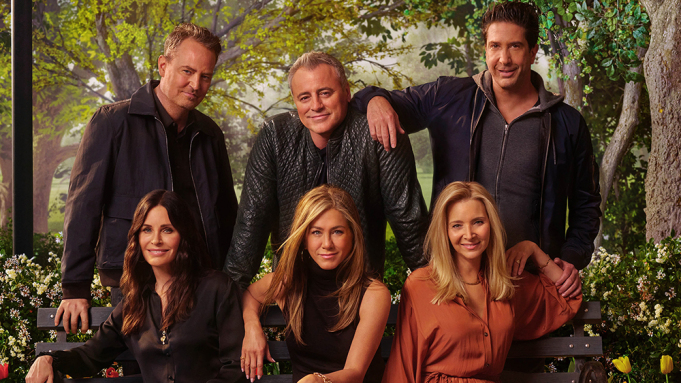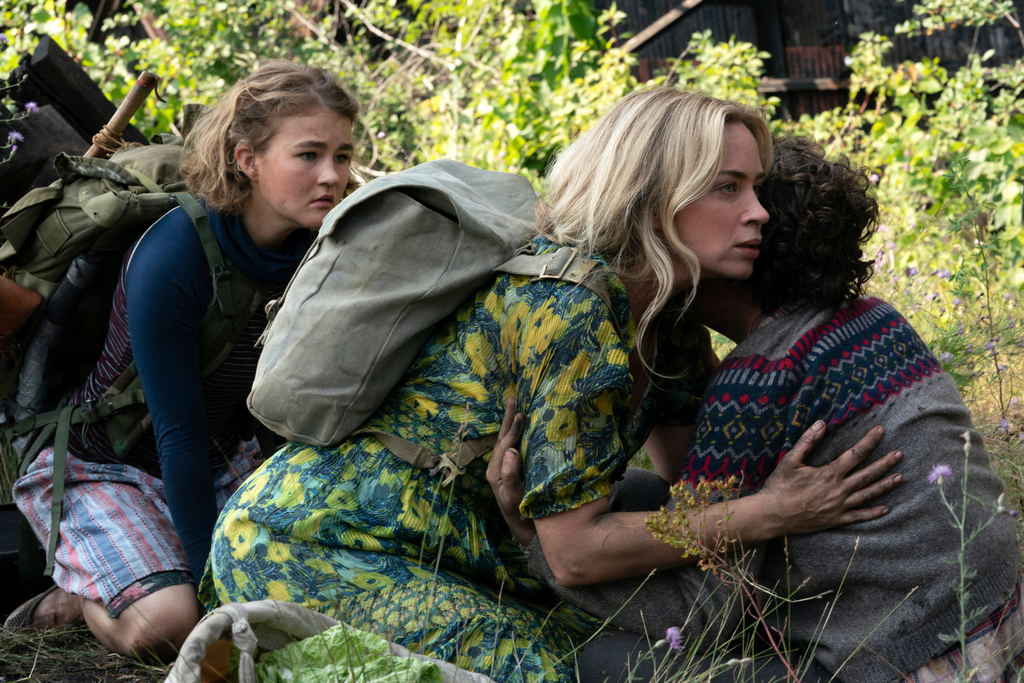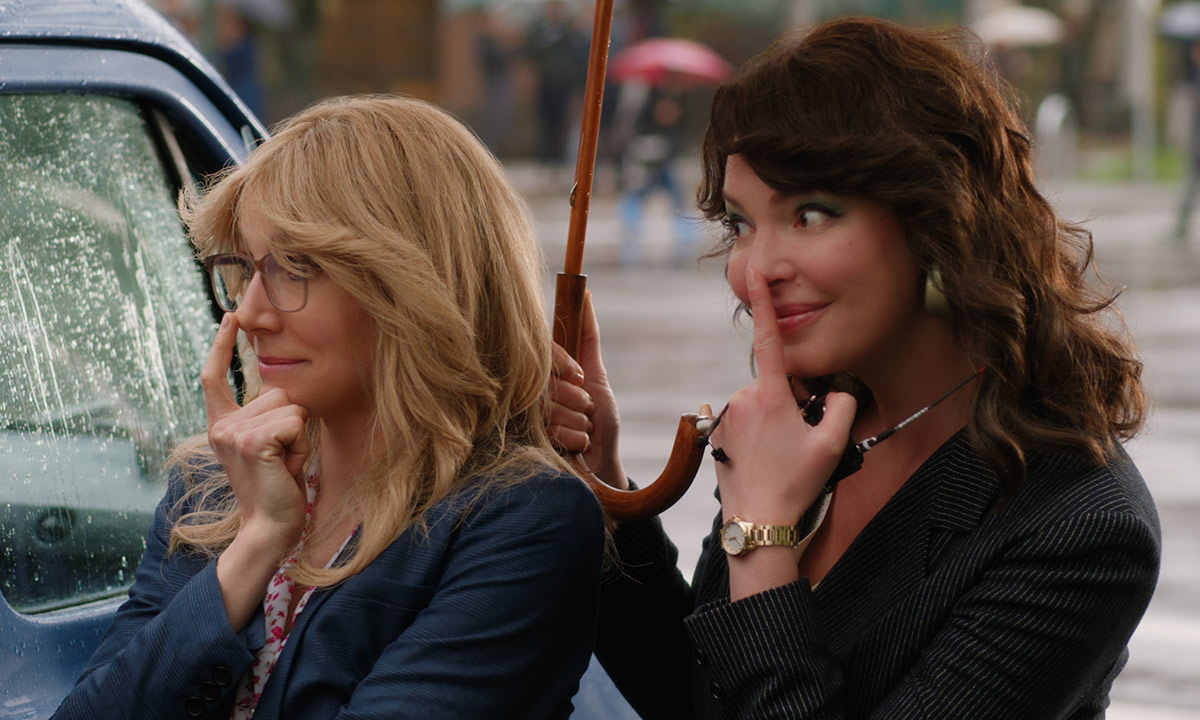
We’ve reached the midway point of the craziest year in recent memory, and like the rest of the world, the American movie industry has yet to return to approaching normal. Fortunately, those online outlets keep providing superb offerings of both a fiction and non-fiction variety.
Now featuring new works, these are our picks for the best films of 2020.
Lost Girls

The true story of a mother’s search for her missing child, Netflix’s Lost Girls is a clear-eyed and moving expose about the many ways in which troubled young women are let down by parents, police and society at large. At every turn, what Mari discovers is a lack of urgency about, if not outright indifference to, her daughter’s disappearance, even after other bodies are found in the very same area.
Da 5 Bloods

Spike Lee goes for broke with Da 5 Bloods, tackling historic and modern racism, oppression, guilt, greed and brotherhood through the story of four Vietnam Vets who, along with the son of Lindo’s character, return to Southeast Asia to both recover the remains of their fallen comrade Stormin’ Norman and to find the gold they buried years ago.
Emma

“Handsome, clever and rich” is how Emma’s tagline describes its matchmaking heroine (Anya Taylor-Joy), but it’s also an apt summation of director Autumn de Wilde’s Jane Austen adaptation, which is energized by meticulous style, spirited wit and passionate emotions. Hewing closely to its source material, the film charts Emma Woodhouse’s efforts to find a suitor for her doting companion Harriet Smith (Mia Goth) while struggling with her own blossoming feelings for her sister’s brother-in-law, George Knightley (Johnny Flynn).
Driveways
Driveways isn’t simply one of the late Brian Dennehy’s final performances—it’s also one of his finest. In Andre Ahn’s touching indie, Dennehy is Korean War vet Del, who comes to befriend socially awkward young Cody after the boy and his mother Kathy take up temporary residence next door, cleaning out the pigsty that used to belong to Kathy’s deceased sister. All three of these characters are suffering in their own distinct ways, due to a combination of loss, loneliness and fear, and Ahn intertwines their plights with few contrivances and a potent measure of empathy, especially once Del and Cody begin developing an unexpected bond.
The Way Back

The Invisible Man

Never Rarely Sometimes Always

Putting a poignant face on a contentious social topic, Never Rarely Sometimes Always tells the story of pregnant Pennsylvania 17-year-old Autumn, who with her loyal cousin Skylar by her side, travels to New York to procure an abortion. Autumn’s with-child circumstance leads to a harrowing ordeal of uncomfortable doctor visits, financial anxieties, and incessant indignities suffered at the hands of men, be it sexually harassing classmates, her drunk and uncaring father, or a boy she and Skylar meet on the bus to Manhattan. Drenched in silence that expresses the loneliness of its heroine, and speaks volumes about the tacit understanding and compassion shared by women, it’s a sobering study of perseverance in the face of individual, and systemic, oppression.
The Assistant

Kitty Green’s The Assistant is the first great #MeToo film, a scathing look at the mundane day-to-day ways in which gender-imbalanced abuse and unfairness are built into workplace systems. Though you won’t hear Harvey Weinstein’s name uttered once, his presence is palpable throughout this clinical story about Jane (a sterling Julia Garner), whose position as the low woman on the totem pole at a film production company necessitates enduring mistreatment of both a subtle and overt sort. Epitomized by Jane’s meeting with a cruelly calculating human resources rep, whose threats are all the more harrowing for being both implied and logical, it’s a portrait of sexism’s many insidious forms.
The Wild Goose Lake

As with his prior Black Coal, Thin Ice, Chinese director Diao Yinan’s The Wild Goose Lake has a coiled intensity that amplifies its romantic fatalism. Diao’s neo-noir follows a gangster named Zhou Zenong (Hu Ge) who, after killing a cop in a criminal enterprise gone awry, partners with a “bathing beauty” named Lu Aiai (Gwei Lun Mei) in order to reunite with his estranged wife Yang Shujun (Wan Qian), all so she might collect the reward on his head. Rife with betrayals, manhunts and shootouts, the auteur’s narrative is constantly taking sharp, unexpected turns, and the same is true of his breathtaking direction, which reveals unseen figures, and twists, via elegant camerawork and expressionistic flourishes that are married to a realistic depiction of rain-soaked Wuhan and its lawless lakeside communities.
First Cow

Adapted from Jonathan Raymond’s novel The Half Life, Reichardt’s slow-burn drama focuses on a nomadic 1820s chef named Cookie (John Magaro) who, after arriving at a Pacific Northwest fort, befriends and goes into business with on-the-run Chinese loner King Lu (Orion Lee), baking and selling popular “oily cakes” made with milk stolen from a dairy cow owned by wealthy Chief Factor (Toby Jones). Cookie and King Lu’s attempt to rise above their socio-economic station through a criminal scheme, and the potential disaster that awaits them, is the suspenseful heart of this tranquil quasi-thriller, which – awash in redolent faces, gestures and customs – imparts an understated impression of the forces propelling its characters, and the pioneering nation, forward.
Source : Esquire






Leave A Comment
You must be logged in to post a comment.